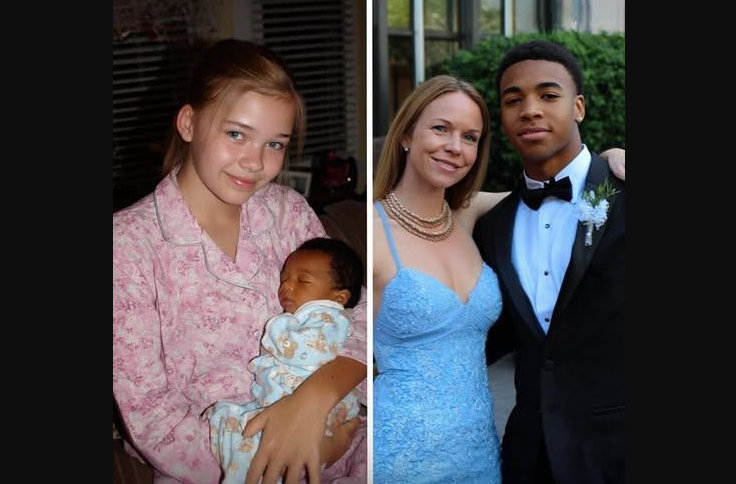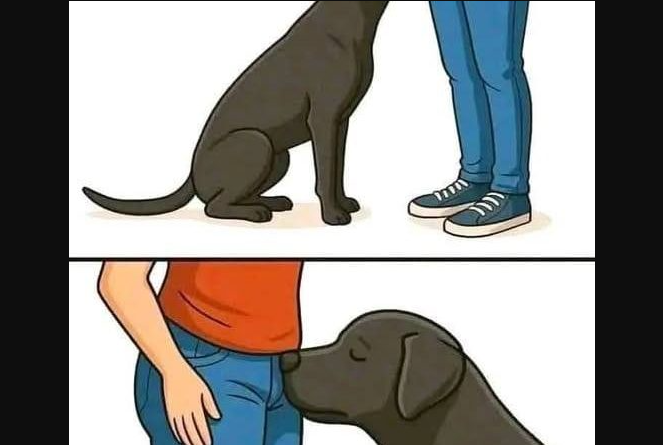When I married Clara at thirty, I believed we were embarking on a fresh chapter together. Young and deeply in love, we were eager to carve out a life despite our modest circumstances. My income as an office clerk was humble, and our small apartment could barely accommodate us both. Clara, too, came from simple roots—her mother had passed away years earlier, leaving her father, Mr. Velasco, a frail man nearing seventy, reliant on a modest pension.
Not long after our wedding, Clara approached me with a gentle request. “Can my father stay with us for a while?” she asked, her voice soft and earnest. “He needs to regain his strength.”
I looked at Mr. Velasco—his slight build, the quiet way he clasped his hands—and nodded. “Of course,” I said. “Family is family.”
I had no idea then that “for a while” would stretch into two decades.
The Weight of Time
At first, I reassured myself that his stay was temporary. But as months became years and years turned into decades, Mr. Velasco remained a fixture in our home. He contributed nothing to rent, groceries, or utility bills—not even a bag of rice. One evening, after a long day at work, I opened the refrigerator to find it nearly bare: a jar of mustard, a few eggs, and some stale bread. In the living room, Mr. Velasco sat calmly sipping coffee, as if the empty fridge was no concern of his.
Relatives began to whisper. “A first-class freeloader,” one cousin remarked with a smirk. “Living the easy life at his son-in-law’s expense,” another chuckled. Their words stung, and I’d be dishonest if I said they didn’t affect me. Each time I paid the bills or stretched our budget to make ends meet, a flicker of resentment grew. Yet I held my tongue. He was Clara’s father. If I asked him to leave, where would he go? So I carried the quiet burden in my heart.
To complicate matters, he didn’t offer help in other ways. He didn’t watch our children when they were young, cook meals, or clean the house. He simply existed—sitting on the balcony with his coffee or lying in bed, lost in thought. I often wondered what occupied his mind. Did he sense the weight he placed on me? Did he notice the sighs I suppressed? He never spoke of it.
A Quiet Departure
One cold morning, Clara went to call her father for breakfast and didn’t return for some time. When I entered his room, I found her seated by his bedside, holding his hand. His face was serene, as if he had slipped into a peaceful slumber. A half-finished mug of atole rested beside him.
He was gone. At eighty-nine, he left without pain, hospitals, or prolonged goodbyes. The grief I felt was subtle—not overwhelming, but a quiet void, like a familiar chair missing from its usual corner. For twenty years, he had been part of our home, even if he contributed little. His absence left an unfamiliar stillness.
We arranged a modest funeral. Clara and I covered the costs—simple prayers, a plain coffin, and a small gathering of family. I told myself this was my final duty to him. Or so I believed.
An Unexpected Visitor
Three days after the funeral, as Clara and I shared a quiet moment over tea, a knock came at the door. I opened it to find a man in a dark suit, holding a briefcase, his expression calm but focused.
“Are you Mr. Velasco’s son-in-law?” he asked.
“Yes,” I answered, wary.
He handed me a red folder. “I represent your late father-in-law. Per his will, you are the sole heir to his assets.”
I nearly laughed. “Assets? You mean his worn sandals and old jackets?”
The lawyer’s face remained steady. He opened the folder and read aloud: a 115-square-meter plot of land in the town center, transferred to my name two years prior. A savings account with over 3.2 million pesos, naming me as the sole beneficiary.
Stunned, I could barely process it. Was this a mistake? Then he handed me an envelope, sealed with tape, my name written in Mr. Velasco’s shaky handwriting.
My hands trembled as I opened the letter. His words struck deeply:
“This son-in-law of mine grumbles often, but he kept a roof over my head for twenty years and never let me go hungry. My daughter can be idle, yet he bore the weight of our family. I’ve lived long enough to know who earns my trust. He never asked for a peso, but I cannot leave this world in his debt.”
Tears blurred my vision, and I stopped reading. For two decades, I had seen him as a burden. I hadn’t known about the ancestral land he quietly protected or the pension he meticulously saved, letting interest accrue untouched. He hadn’t been idle all those years—he had been planning, waiting, trusting me with his legacy.
A New Perspective
That evening, I lit incense before his modest altar. His photograph gazed back, eyes crinkled, lips faintly curved.
“I misjudged you, Father,” I whispered into the curling smoke. “I thought you were another mouth to feed. But you carried your weight in ways I couldn’t see.”
The resentment I had harbored for twenty years melted away, replaced by gratitude, respect, and a quiet love. I recalled how he sat on the porch, staring into the distance. Perhaps he was revisiting his youth or carefully planning to leave no debts behind.
True worth, I realized, doesn’t always announce itself. Sometimes it sits quietly, sipping coffee, unnoticed until it’s gone.
A Lasting Legacy
The land became the foundation for our new home. The savings secured our children’s education, freeing them from the burden of loans. Every brick, every book, every opportunity bore Mr. Velasco’s silent mark.
Now, when I pass his altar, I pause and murmur, “Thank you.” Not only for the inheritance but for the lesson I was too blind to see: value isn’t always in visible effort. Sometimes, it’s in patience, discipline, and the quiet dignity of preparing for the future.
Mr. Velasco lived silently, but his silence spoke louder than words. Whenever I sip my morning coffee, I think of him—the quiet man who shared our home for twenty years, contributing nothing tangible, yet leaving behind more than I could have dreamed.
This story is inspired by real events but is a work of fiction. Names, characters, and details have been altered to protect privacy and enhance the narrative. Any resemblance to actual persons or events is coincidental.








